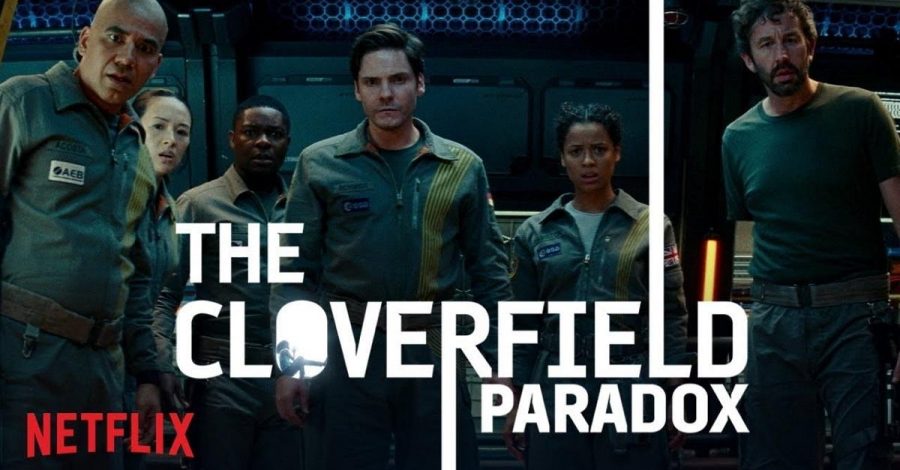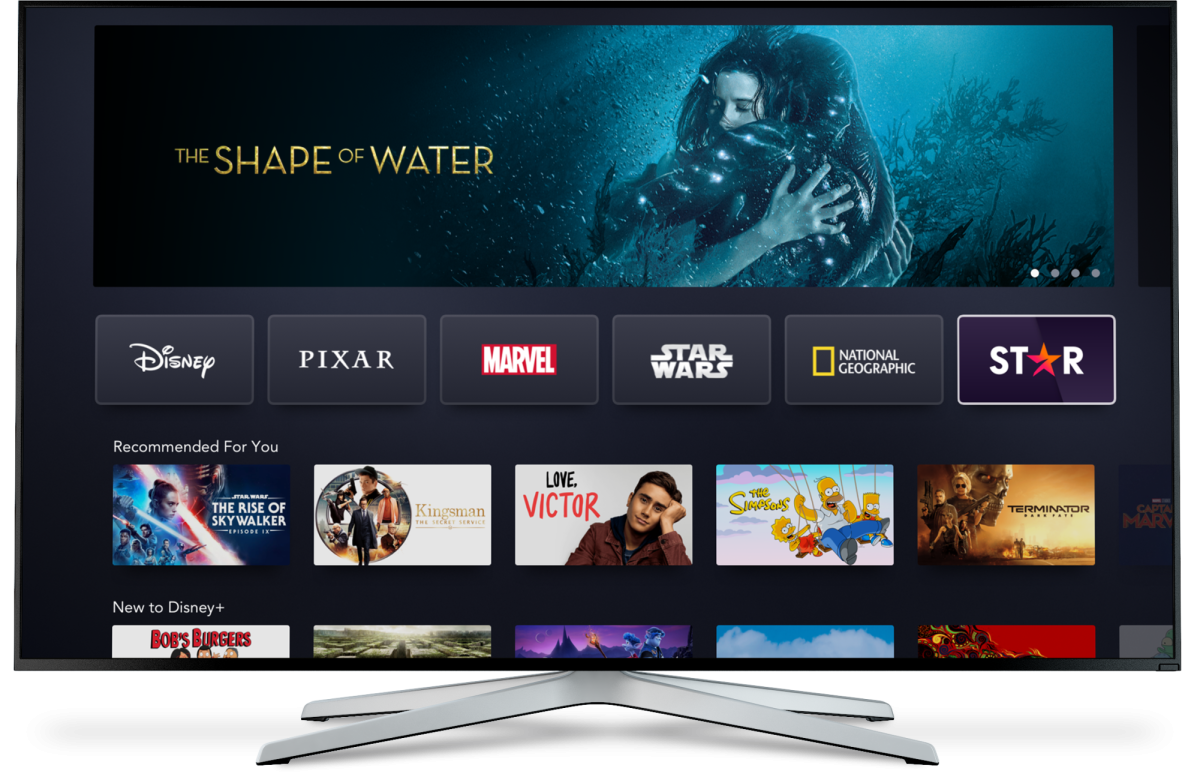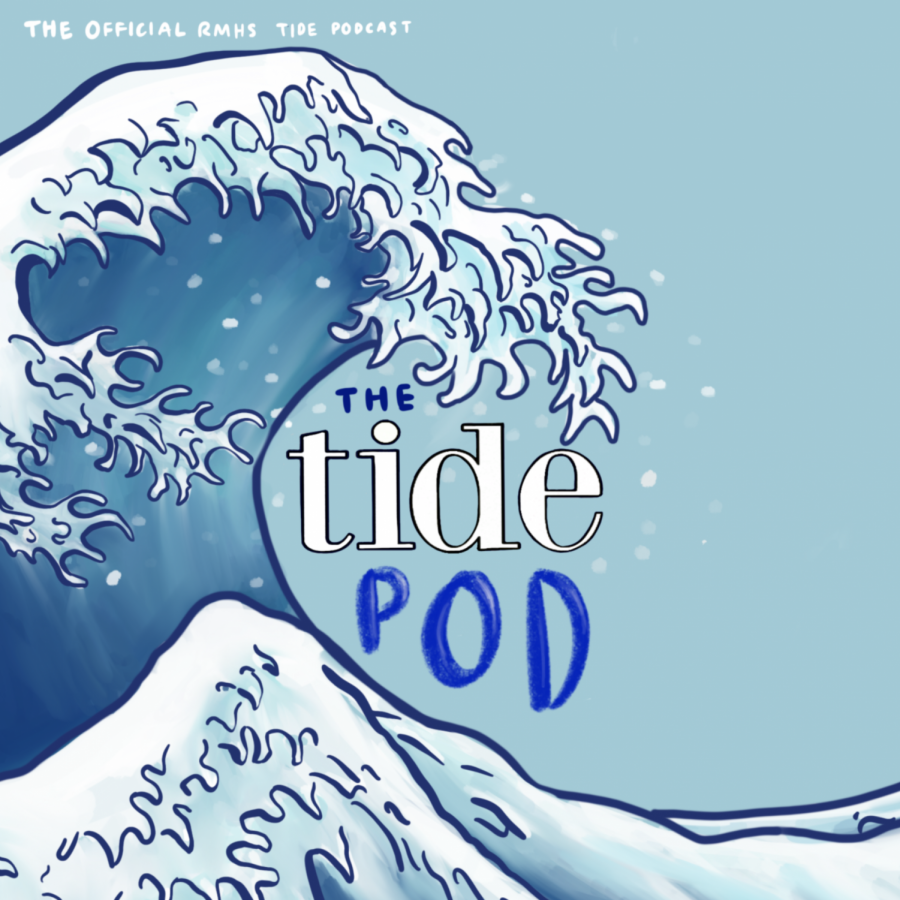Streaming giant Netflix had been in talks with Paramount since mid-January to purchase the film God Particle, a movie supposedly connected to the Cloverfield franchise. According to Variety, details of the deal were limited, and both Netflix and Paramount had refused statements over whether or not the agreement went through.
Eventually, no new stories about the arrangement surfaced, and the possible idea of Netflix purchasing the film’s rights had drifted away. That is, until Netflix broke both the silence and the rules after Super Bowl LII by unexpectedly dropping the first trailer for the now retitled The Cloverfield Paradox (2018). Netflix purposefully kept the deal under wraps until the last second. And here’s the kicker: the movie was instantly available to stream right after the trailer was released.
Marketing has always been a huge part of the movie industry. Studios backup major films by spending millions on extensive marketing campaigns with one goal in mind: to build up an audience before the film’s release. But what Netflix did here is somewhat like guerilla marketing–using unconventional tactics in the hope of promoting one’s product.
By literally waiting until the last moment to release the film, Netflix was able to draw both interest and excitement towards it. Fans of the Cloverfield franchise had been pondering about the possibility of the third film in the franchise, and The Cloverfield Paradox‘s unexpected release garnered excited discussions from social media and the internet.
This unprecedented move has also established Netflix as an intimidating figure in the movie industry. The company has the ability to release blockbuster films without spending millions on marketing campaigns, a profitable advantage over traditional Hollywood’s method of promotion. The service also has a built-in audience: Netflix users hungry for new content can always flock to the app/website upon hearing about a new release, which are also often featured on a user’s home screen.
Netflix’s method of movie distribution gives them an additional edge over Hollywood. Users of the service have do not have to pay for a movie ticket and can stream films instantly, whereas a theater-goer must travel all the way to their local theater and hopefully finding a decent seat. Netflix has implied this with their “Watch anywhere” slogan: instead of spending money to visit a movie theater, a viewer can just enjoy it from the comfort of their home.
This was the reasoning that sophomore Alex Concaugh used in deciding to watch The Cloverfield Paradox: “It was there and it seemed kind of cool,” he said. “I would’ve hated it more if I had to pay to watch it.” If it were not for the movie’s ease of access and lack of a price tag, Concaugh–and likely many other viewers–would have been a no show.
But The Cloverfield Paradox is only one step in Netflix’s long-term scheme for entertainment domination. According to The Verge, the streaming company has already spent over $8 billion on original movies and television shows. And just two months ago, Netflix released Bright, their first original blockbuster movie, with a budget of $90 million. It certainly will not be their last.
This aggressive push for new content rides off the waves of Hollywood’s recent financial slump. In 2017, summer box office results were the worst Hollywood has seen in a decade, about 14.6 percent lower than that of last summer, according to Variety. Netflix is attempting to capitalize on this opportunity in hopes of attracting viewers who are starting to feel dissatisfied by movies in theaters.
When discussing the proliferation of streaming services, one must factor in MoviePass, a service that allows you to watch any movie in theaters for a monthly subscription, a system similar to that of Netflix’s. With the likes of MoviePass and Netflix, many theater-goers have become increasingly used to not having to pay for movie tickets. Customers may never go back to paying for individual tickets after being accustomed to the ease and economy of streaming services.
Netflix has acquired newfound momentum in challenging movie industry tradition, and The Cloverfield Paradox has cemented their status as a new power player in both the distribution and marketing business. But the service’s path to dominance is no smooth road: there have been various reports that Disney has planned to join the competition by starting their own streaming service.
And there are still several arguments to be made for paying to view a movie in theaters: “It’s part of an experience,” Concaugh said. It will be interesting to see what the future bodes, so grab your popcorn (while you can) and keep your eyes on the screen to watch the sparks fly between Hollywood and its new challengers.
Featured graphic courtesy of Dread Central.














